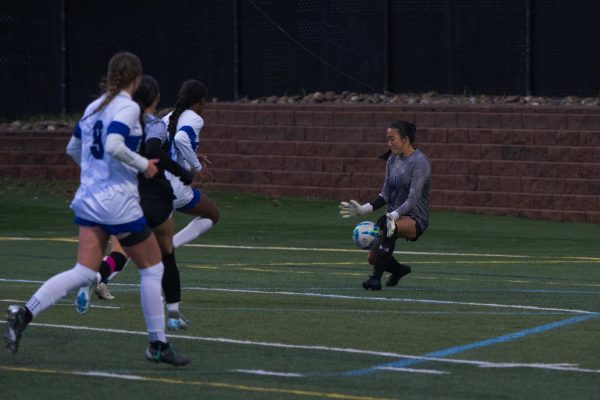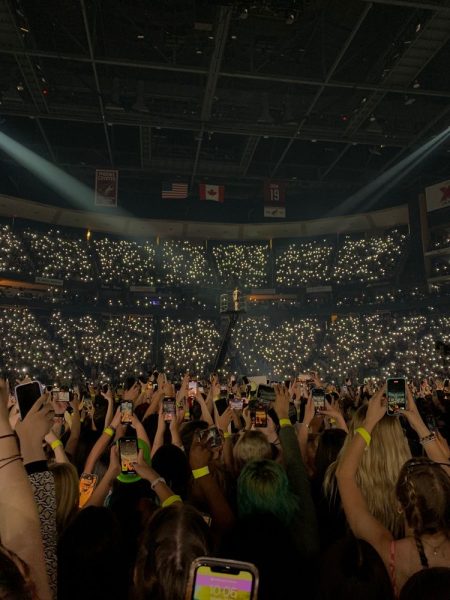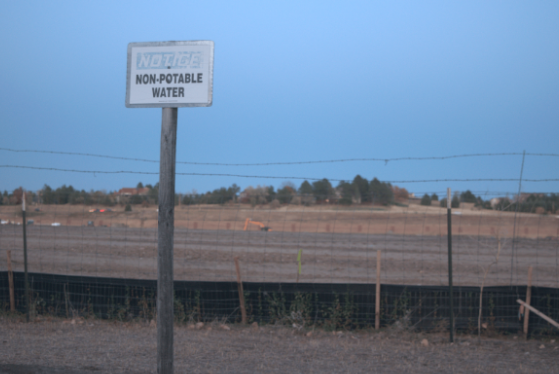With Liberty and Justice For All [OPINION]
World War Two hero and lifelong public servant Bob Dole passed away December 5th.
Whether or not you agreed with his politics, Senator Dole proved himself an honest man with a vision for the future of the United States.
In 1987, Dole released a statement advocating for the right of Puerto Ricans to choose whether or not they wish to become a state in the Union.
Obviously, this vision was not fulfilled. However, in the wake of Senator Dole’s passing, we should honor his wish and once again look into taking a new step forward.
To understand why Puerto Rico should even be considered as a state, we need to take a look at its turbulent history with the United States.
After the Spanish-American War, Spain was forced to cede the territories of Guam and Puerto Rico to United States rule. Unlike Puerto Rico and Guam, at that time all U.S territories had been on the mainland, and were on a path to statehood.
As Puerto Rico and Guam fell in neither of these categories, the federal government had to figure out what rights the territories and its people would hold within the United States.
In 1901, a series of Supreme Court rulings known as The Insular Cases began, which solidified racist ideologies and exploitative policies onto Guam and Puerto Rico. In Downes v. Bidwell, the Supreme Court noted that the determination whether or not to consider a territory for statehood, and what criteria to weigh, is political. Additionally, it is up to Congress on a case by case basis, unless something in the Constitution specifically prohibits such an analysis.
In support of this position, the Court further stated:
“Choice in some cases, the natural gravitation of small bodies towards large ones in others, the result of a successful war in still others, may bring about conditions which would render the annexation of distant possessions desirable. If those possessions are inhabited by alien races, differing from us in religion, customs, laws, methods of taxation, and modes of thought, the administration of government and justice according to Anglo-Saxon principles may for a time be impossible, and the question at once arises whether large concessions ought not to be made for a time, that ultimately our own theories may be carried out and the blessings of a free government under the Constitution extended to them. We decline to hold that there is anything in the Constitution to forbid such action”.
This case has provided political cover for politicians who want to pick and choose who is suitable to come into the United States; allowing politicians to make decisions about who is worthy to be a citizen based upon subjective criteria, some of which may be rooted in bigotry and prejudice.
It should be noted that this is the same Supreme Court which ruled that separate is equal in Plessy v Ferguson (1896).
And now, 120 years after this ruling, the Insular Cases are still law.
Even last year, the 1922 case of Balzac v Porto Rico was upheld in court. This law helped affirm the idea that Puerto Ricans are not afforded the full rights and benefits of the U.S. Constitution. Balzac was denied a trial by jury, since Puerto Rican code of criminal procedure did not grant jury trials from misdemeanor cases.
In short, the Constitution does not follow the flag. Of course, Puerto Rico has created their own Constitution. However, the head of their state is still the President of the United States of America.
Today, all 3.2 million inhabitants of Puerto Rico pay federal taxes, and are granted a singular representative in Congress. At first glance, this may seem like a fair transaction. However, the people of Puerto Rico might as well have no representation at all.
The singular person to represent a populace greater than 20 of our states can only introduce legislation and vote on committees. Even then, they cannot break ties within those committees, and cannot vote on the House floor.
Puerto Rico has no senators, nor do the people have a vote in Presidential elections. The United States federal government has simply placed this “representative” in Congress so as to tax the people to their heart’s content. Meanwhile, over 40% of Puerto Rico lives in poverty, more than double the rate of our most impoverished state, Mississippi.
As we reach voting age, the time for us to elect representatives who care about aiding the people of Puerto Rico is drawing nearer. The only way to pull Puerto Rico out from under Congress’s thumb is to allow them to vote for the future they want. We must help create the world we want to live in, not sit contently with the one we have.

Grade: 12th
Year in the Chro
If you could go to lunch with anyone in history, who would you choose and why?
I would go to lunch with Teddy...


![With Liberty and Justice For All [OPINION]](https://ghschronicle.com/wp-content/uploads/2022/01/IMG_3188-900x605.jpeg)





![Executive Order: Ending Radical Indoctrination in K-12 Schooling [OPINION]](https://ghschronicle.com/wp-content/uploads/2025/04/Screenshot-2025-04-23-at-2.51.41 PM-600x337.png)





Grey K • Jan 14, 2022 at 5:24 pm
Nice work man